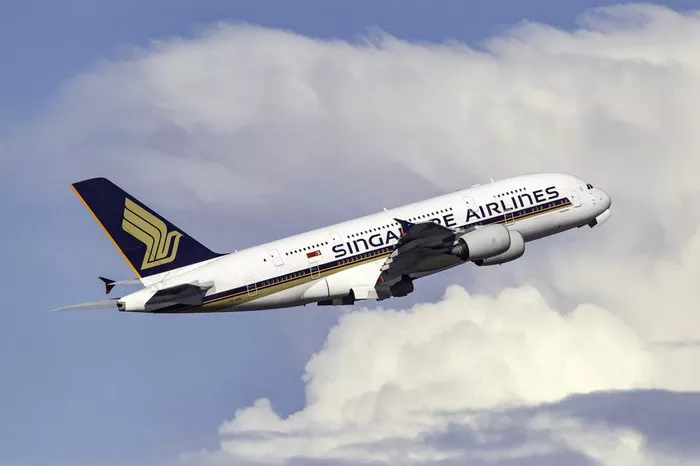The Singapore Airlines (SIA) Group has signed two new agreements to bolster its commitment to sustainable aviation, partnering with renewable fuel producers Neste and World Energy to secure Sustainable Aviation Fuel (SAF) and SAF certificates. The deals mark a significant step in the Group’s long-term decarbonisation strategy and its ambition to build expertise across the renewable fuel supply chain.
Under the agreement with Neste, SIA acquired 1,000 tonnes of Carbon Offsetting and Reduction Scheme for International Aviation (CORSIA)-eligible neat SAF. The fuel, produced at Neste’s refinery in Singapore, was blended locally and uplifted at Changi Airport. This is SIA’s second procurement of neat SAF from the Singapore facility, underscoring the airline’s role in developing the national SAF ecosystem and reinforcing supply chain resilience.
In a separate transaction, the Group purchased approximately 2,000 tonnes of CORSIA-eligible SAF emissions reductions from U.S.-based World Energy through the Book & Claim Chain of Custody model. This approach enables the SIA Group to claim the associated emissions reductions without the need for physical delivery of the fuel, offering greater flexibility in achieving sustainability goals.
Both transactions were completed in the first quarter of 2025 and are projected to reduce more than 9,500 tonnes of carbon dioxide emissions.
Strengthening Regional and Global SAF Initiatives
The SIA Group is also participating in the Green Fuel Forward campaign, a regional initiative co-launched by the World Economic Forum and Singapore-based investment platform GenZero. The campaign aims to promote the adoption of SAF in the Asia-Pacific region by raising awareness, building industry partnerships, and stimulating demand.
“These agreements represent important steps in the SIA Group’s broader strategy to scale up its use of sustainable aviation fuel,” said Ms Lee Wen Fen, Chief Sustainability Officer at Singapore Airlines. “By working with different suppliers and exploring diverse sourcing models and certification pathways, we gain crucial insights into the SAF landscape and can better understand the pathways towards a more sustainable aviation ecosystem.”
Ms Lee added that the Group remains committed to collaborating with global partners to test and implement decarbonisation solutions. This includes validating SAF demand, building technical expertise, and meeting its medium-term goal of using 5% SAF by 2030, with a long-term target of achieving net-zero carbon emissions by 2050.
Understanding SAF and Its Role in Aviation
Sustainable Aviation Fuel is a low-carbon alternative to traditional jet fuel, derived from renewable or waste-based sources. When used in place of fossil fuels, SAF can reduce greenhouse gas emissions by up to 80% over its lifecycle. It is compatible with existing aircraft and airport fueling systems when blended with conventional fuel.
Through SAF certificates (SAFc), emissions reduction benefits can be tracked and transferred, allowing airlines and corporate buyers to support sustainability targets even without physical fuel delivery. These certificates are registered, traded, and verified, enabling broader adoption and market development.
The CORSIA framework, established by the International Civil Aviation Organization (ICAO), allows certified SAF to count towards emissions reductions under a global carbon offsetting mechanism. SIA’s latest SAF transactions align with CORSIA standards, contributing to the industry’s collective efforts to address aviation’s environmental impact.

